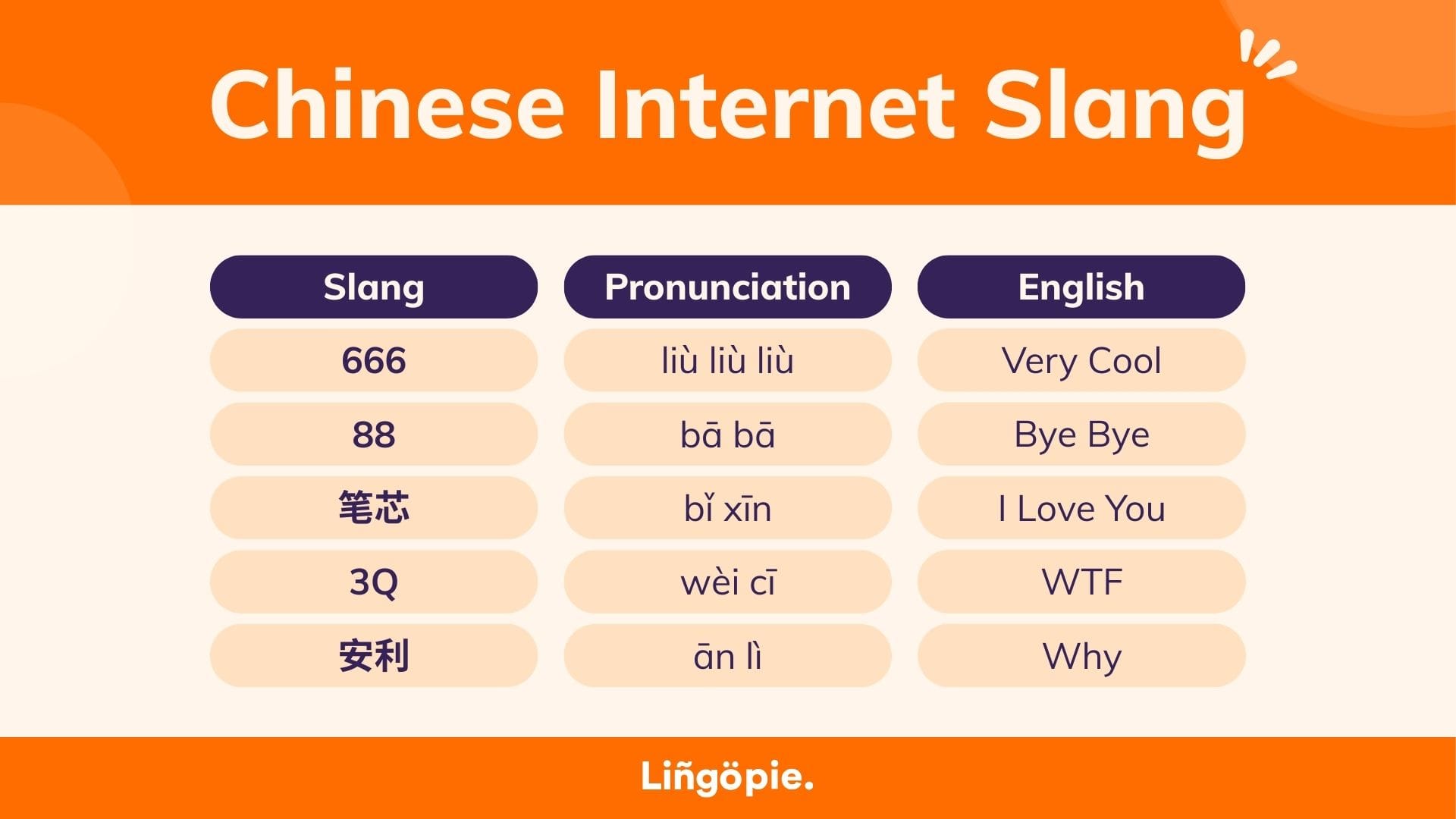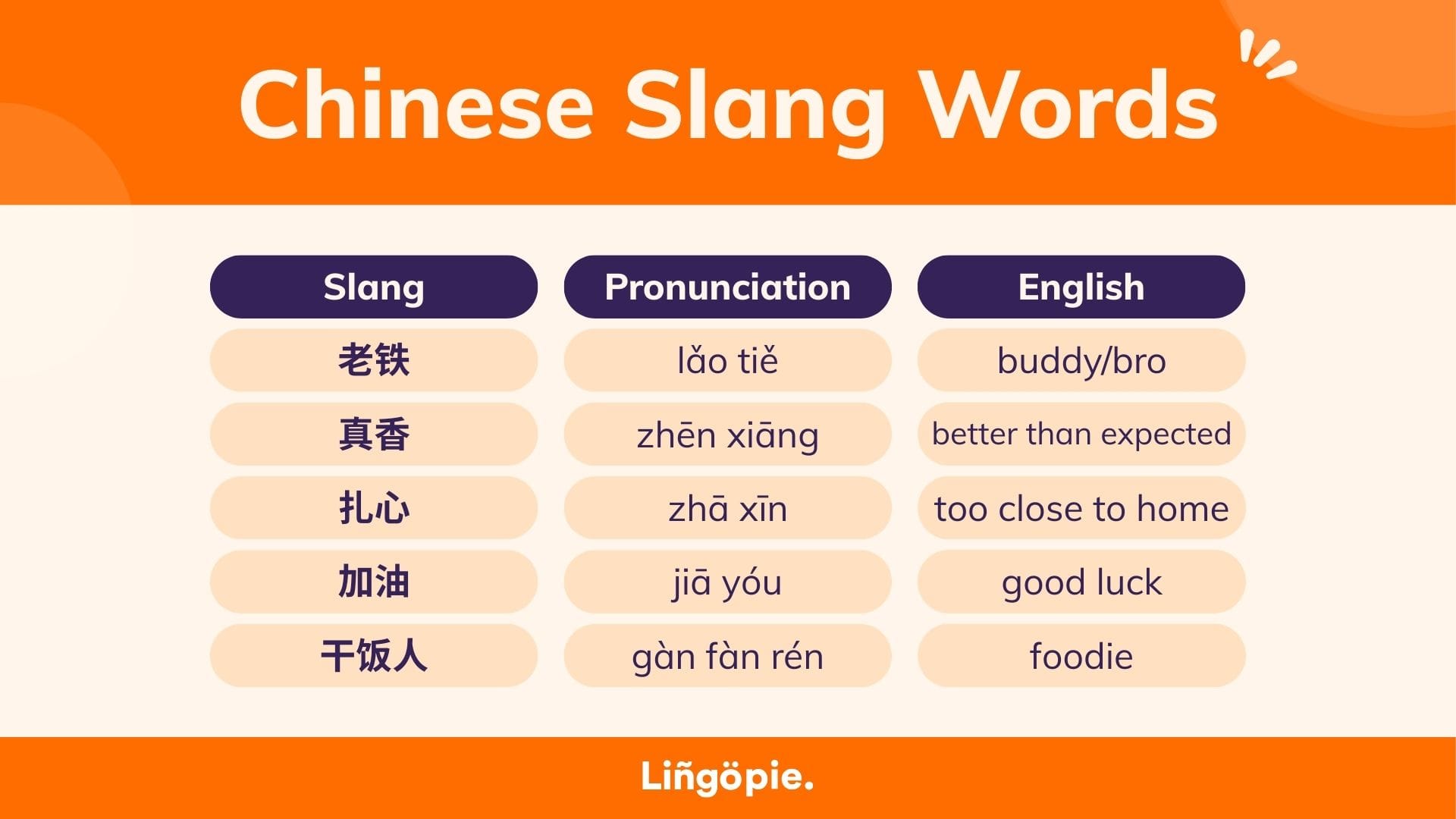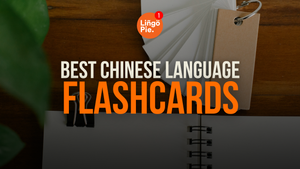Xiaohongshu (小红书 or "Little Red Book") has become a surprising alternative for many users looking beyond TikTok. As more "TikTok refugees" join this Chinese social media platform, they're running into a wild new world of Chinese slang words and phrases that are super important for participating in conversations — along with cultural basics like names, identity, and Chinese surnames that often show up in profiles and comments.
In this post, I've rounded up everything I know about Chinese slang expressions so you can navigate (and actually understand) the comments easily. Here, we'll cover the basic Chinese slang words, phrases, and Xiaohongshu-specific internet lingo.
- 20+ Chinese Words And Phrases From Scissor Seven
- 5 Best FREE Chinese Learning Websites For Beginners
- 9 Chinese Kids Cartoons to Learn Chinese

What is Xiao hong shu?
Xiaohongshu (小红书), also known as RedNote, is a Chinese social media and e-commerce platform that blends Instagram’s visual appeal with TikTok’s discovery algorithms. Launched in 2013 as a platform for overseas shopping tips, it has evolved into China's lifestyle hub for reviews, recommendations, and tutorials on beauty, fashion, travel, and daily life.
The Xiaohongshu meaning translates to "Little Red Book," but unlike Mao Zedong's political text, this has no political ties. The xiao hong shu meaning simply reflects its origin as a trusted guide for quality products and genuine lifestyle advice. Users treat it as their digital recommendation book where real people share honest reviews and discoveries.
20 Chinese Internet Slang For Xiaohongshu
These slang terms are all over Xiaohongshu (or RedNote app) right now. You'll spot them in comments, captions, and user bios. They're not exclusive to the app though - they've spread like wildfire across Weibo and other Chinese social platforms.
666 - Very Cool
666 (liù liù liù) started as gaming slang for "awesome skills" and now it's basically the Chinese equivalent of "bravo" or "that's fire." You'll see people dropping this in comments when something is super impressive or cool - like when someone posts an incredible makeup transformation or nails a difficult recipe.
88 - Bye Bye
88 (bā bā) sounds just like "bye bye" in Chinese, making it the perfect quick goodbye in chats. It's super casual and friendly - think of it as the Chinese version of "catch you later" or "see ya!" You'll often spot this at the end of livestreams or in comment threads.
笔芯 - I Love You
笔芯 (bǐ xīn) literally means "pen heart" but hear me out - it sounds similar to "beloved" in Korean (비심). Chinese social media picked this up and turned it into their creative way of saying "I love you." It's quirky, cute, and way more fun than typing the usual "我爱你."
3Q - Thank You
3Q (sān Q) is a clever play on "thank you" - the "3" sounds like "san" in Chinese, and when you put it with "Q," it sounds just like "thank you." It's a fun, cheeky way to show appreciation that you'll see all over comment sections, especially when someone shares a useful tip or product recommendation.
WC - WTF
WC (wèi cī) might look like "water closet" but nope - in Chinese internet slang it means "what the heck" or "WTF." It's short for 无词 (wú cí), meaning "speechless." Drop this when you're totally shocked or can't even find the words to respond to something wild.

安利 - Strongly Recommended
安利 (ān lì) comes from Amway, believe it or not. Chinese netizens turned this brand name into a verb that means "to strongly recommend something you love." When someone shares their holy grail skincare product or a must-try restaurant, they're not just suggesting it - they're "安利-ing" it to you.
HHHH - LOL
HHHH is the Chinese version of "LOL" and comes from "哈哈哈哈" (hā hā hā hā). Chinese netizens got tired of typing all those characters, so they just switched to "H" instead. It's the go-to response when something's funny, and the more H's you add, the harder you're laughing.
YYDS - GOAT
YYDS stands for "永远的神" (yǒng yuǎn de shén), meaning "eternal god" - but really it's just China's way of saying GOAT (Greatest Of All Time). People use it for everything they think is absolute perfection, from their favorite celebrities to that perfect dumpling spot they can't stop talking about.
酷 - Cool
酷 (kù) is just the Chinese way of saying "cool" - they borrowed the English word and made it their own. But here's the fun part: while it looks super simple, it's actually used way more creatively than its English counterpart. You'll see it paired with other words to make new slang combos, like 超酷 (chāo kù) for "super cool."
SB - Idiot
SB comes from 傻逼 (shǎ bī), basically meaning "idiot" or "stupid." It's pretty harsh though - think of it as one of those words you shouldn't use in front of your Chinese teacher. While you'll see it all over social media, maybe stick to reading it rather than using it yourself.
你是对的 - You Are Right
你是对的 (nǐ shì duì de) literally means "you are right," but online it's usually used sarcastically. It's the perfect passive-aggressive response when someone's being totally wrong but you just can't be bothered to argue.
牛 - Awesome
牛 (niú) literally means "cow" but it's used to say something or someone is awesome or impressive. It's super versatile - you can say 牛 by itself or make it stronger with 太牛了 (tài niú le). Think of it as the Chinese equivalent of saying "that's sick!" or "you're crushing it!"
我没了 - I Can't Handle It
我没了 (wǒ méi le) literally means "I'm gone" but it's used when something is so good, funny, or shocking that you just can't handle it anymore. It's like saying "I'm dead" or "I can't even" in English. You'll see this all over Xiaohongshu when someone posts an amazing outfit or a mind-blowing food hack.
有一说一 - To Be Honest
有一说一 (yǒu yī shuō yī) is the Chinese equivalent of "to be honest" or "let me keep it real." But it's cooler than just saying "说实话" - it's got that casual, internet-y vibe. People drop this before sharing their unfiltered opinions, especially in product reviews or hot takes.
6 - Me Too
6 (liù) has nothing to do with the number itself - it's used to say "me too" or "same here." It comes from another slang word 溜 (liū), which sounds similar to 6. You'll often see it in comment threads when someone relates hard to what's being said. Way faster than typing out "我也是"!
笑死我了 - ROFL
笑死我了 (xiào sǐ wǒ le) literally translates to "laughed myself to death" but it's basically China's "ROFL." People use it when something is absolutely hilarious - like that perfect meme or a ridiculous comment thread. Sometimes you'll just see it shortened to "笑死."
哇塞 - Wow
哇塞 (wa sāi) is just a more dramatic version of "wow." It's what you say when you're really impressed or surprised by something. Think of it as the difference between a casual "oh" and a full-blown "OH MY GOSH!" People love using it when they see amazing travel photos or incredible transformations.
不懂就问 - Just Want To Ask
不懂就问 (bù dǒng jiù wèn) means "asking because I don't understand" and people use it before asking what might be an obvious question. It's like saying "this might be a dumb question, but..." - a casual way to ask for help without feeling awkward.
哇 - Wow
哇 (wa) is just straight-up "wow" but it's super versatile. You can use it for anything from mild surprise to total amazement. The longer you draw it out (like "哇哇哇"), the more excited or shocked you are.
六 - Awesome
六 (liù) is another way to say "awesome" or "super smooth," similar to 666 but more lowkey. It comes from 溜 (liū), meaning smooth or skilled. People use it to show appreciation for something cool without going over the top.
- 30 Easy Video Gaming Terms In Chinese And Top Games In China
- 9 Easy Chinese Words For The Dragon Boat Festival
- Mooncake Festival Guide For Foreigners + Chinese Words
Basic Chinese Slang Words And Phrases

If you want to sound like a real native speaker on Xiaohongshu and in real life, these slang words and phrases are essential. They're not just trendy internet terms - these are expressions you'll hear everywhere in China, from casual street conversations to popular Chinese TV shows. I've picked out the most common ones that'll instantly make your Chinese sound more natural.
| Slang | Pronunciation | Meaning |
|---|---|---|
| 老铁 | lǎo tiě | buddy/bro |
| 真香 | zhēn xiāng | something turned out better than expected |
| 扎心 | zhā xīn | hits too close to home |
| 加油 | jiā yóu | good luck/keep going |
| 干饭人 | gàn fàn rén | foodie |
| 奈斯 | nài sī | nice/awesome |
| 靠谱 | kào pǔ | reliable/legit |
| 碰瓷 | pèng cí | to stir up trouble |
| 打卡 | dǎ kǎ | to check in/visit a place |
| 神仙 | shén xiān | amazing person |
| 躺平 | tǎng píng | to give up trying |
| 爆机 | bào jī | extremely busy |
| 卷 | juǎn | competitive/intense |
| 佛系 | fó xì | laid back/casual |
| 摸鱼 | mō yú | slacking off |
| 内卷 | nèi juǎn | rat race |
| 土豪 | tǔ háo | rich person |
| 接地气 | jiē dì qì | down to earth |
| 带货 | dài huò | to promote products |
| 心塞 | xīn sāi | feeling frustrated |
- 10 Common Mistakes In Chinese You Should Not Commit
- Chinese Numbers: How To Count In Chinese From 1-1000
- Mandarin Vs Cantonese: Which One Should You Learn?
General Slang For Tourists
When you're actually in China, scrolling Xiaohongshu won't be enough - you'll need slang that works in real-life situations. These are the expressions you'll hear at restaurants, shops, and while hanging out with Chinese friends. They're super practical and will help you sound like a local instead of a tourist.
| Slang | Pronunciation | Meaning |
|---|---|---|
| 买单 | mǎi dān | to pay the bill |
| 路上堵 | lù shàng dǔ | stuck in traffic |
| 管饱 | guǎn bǎo | all-you-can-eat |
| 便宜点 | pián yi diǎn | make it cheaper |
| 闪一下 | shǎn yí xià | excuse me (when passing) |
| 搞定 | gǎo dìng | got it handled |
| 凑合 | còu he | make do/it's okay |
| 划算 | huá suàn | good deal |
| 抢座 | qiǎng zuò | grab a seat |
| 包夜 | bāo yè | book for whole night (karaoke/hotel) |
| 点到为止 | diǎn dào wéi zhǐ | just a little bit |
| 外卖 | wài mài | food delivery |
| 走后门 | zǒu hòu mén | use connections/backdoor |
| 打包 | dǎ bāo | takeaway/to-go |
| 垫垫肚子 | diàn diàn dù zi | grab a quick bite |
| 随便看看 | suí biàn kàn kan | just browsing |
| 讲价 | jiǎng jià | bargain/haggle |
| 排队 | pái duì | line up/queue |
| 热闹 | rè nao | lively/bustling |
| 打车 | dǎ chē | take a taxi |
Want To Learn More Chinese Slang Expressions?
These 80 Chinese slang terms will definitely level up your Xiaohongshu game, but they're just the tip of the iceberg when it comes to the modern Chinese language. And just like how New Zealand slang adds its own flavor to everyday English, Chinese slang brings a whole new layer of personality and fun to communication.
If you really want to catch even more trendy expressions and see how they're used in real conversations, check out Lingopie's Chinese content library! With Lingopie, you'll pick up natural slang while watching Chinese shows and videos - it's like learning from Xiaohongshu, but with subtitles and explanations to help you along.









